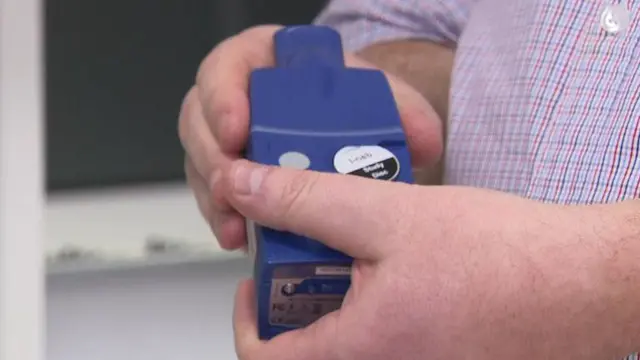Doctors are to begin giving critically ill COVID-19 patients a new treatment as soon as Monday.
The experimental drug, code named SNG001, will initially be given to patients at Southampton General Hospital as part of the first trial of its kind.
The inhaled treatment has already been shown to improve the recovery of asthma and COPD (chronic obstructive pulmonary disease) patients who have other lung infections, such as flu.
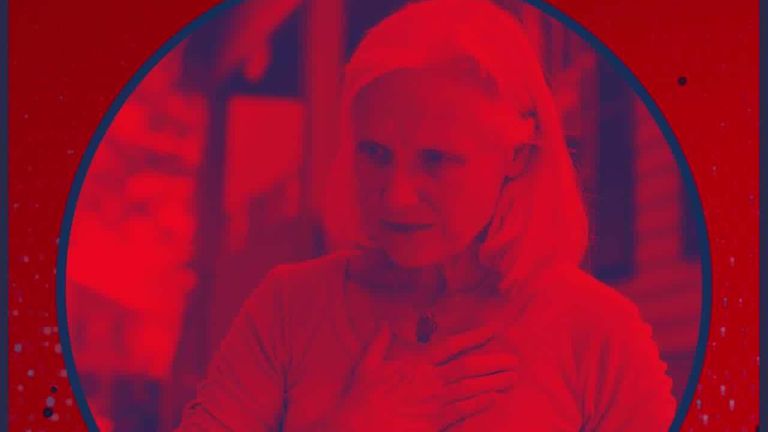
Who is most at risk if they are infected by the coronavirus?
Doctors have high hopes that it could also help stop the coronavirus in its tracks.
Tom Wilkinson, professor of respiratory medicine at the University of Southampton, told Sky News: "We are hoping that the drug will increase the rate of recovery from infection, that it will increase the protection in the bit of the lungs that are not infected yet and will reduce the number of patients that decline significantly and require intubation and ventilation."
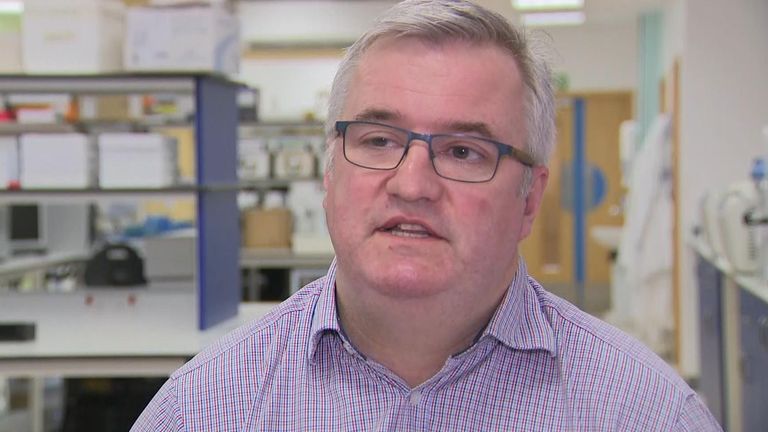
Image:Professor Tom Wilkinson hopes the drug will increase the rate of recovery from infection
The drug is an inhaled formulation of beta-interferon, a naturally occurring protein that orchestrates the body's anti-viral responses.
Scientists believe it will prevent the coronavirus from taking over lung cells to make further copies of itself.
Around 100 critically-ill patients in up to 10 hospitals will be given SNG001 through a nebuliser device that blows a fine mist deep into the lung.
Professor Wilkinson said the drug could help stop intensive care units being overwhelmed with patients, as they have been in Italy.
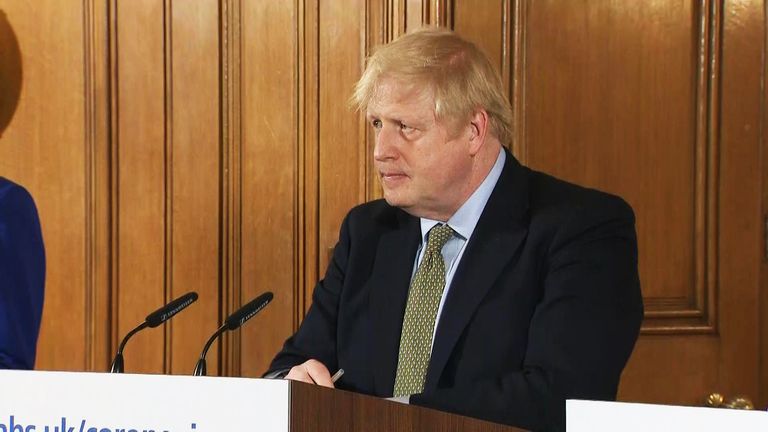
PM: UK schools to close from Friday
"They are running out of ventilators," he said.
"Anything that can be used to reduce the impact on the services - either by reducing the number of patients requiring ventilation or by reducing the severity of illness - allowing patients to leave those units would have an enormous impact on the turnover of patients and the capacity of the health service."
The drug has been fast-tracked through the regulatory process, with the clinical trial being approved in days rather than weeks.
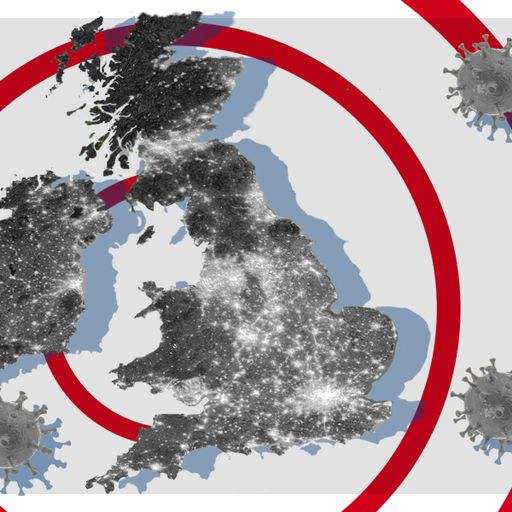
How many cases are in your area – updated daily
Professor Stephen Holgate of the Medical Research Council said older people and those with pre-existing lung disease have reduced immune responses.
He said: "In the absence of a suitable vaccine, increasing the hosts own immunity to enhance protection and virus elimination would seem a logical therapeutic approach."

'Just keep laughing' - Dame Judi's virus message
Around 300 clinical trials are under way on drugs and experimental therapies in coronavirus patients.
They include the anti-malarial drug chloroquine, Remdesivir - a drug developed to treat Ebola - and Kaletra, an HIV treatment.
The Department of Health has already taken steps to secure a supply of key drugs - and prevented wholesalers exporting them abroad - in anticipation of high global demand.
 简体中文
简体中文

